Coping with Natural Disasters and Emergencies
Natural disasters and emergencies can strike without warning, leaving you and your loved ones feeling overwhelmed and helpless. However, with the right preparation and coping strategies, you can increase your chances of staying safe and minimizing the impact of these events. In this post, we'll explore some tips and strategies for coping with natural disasters and emergencies.
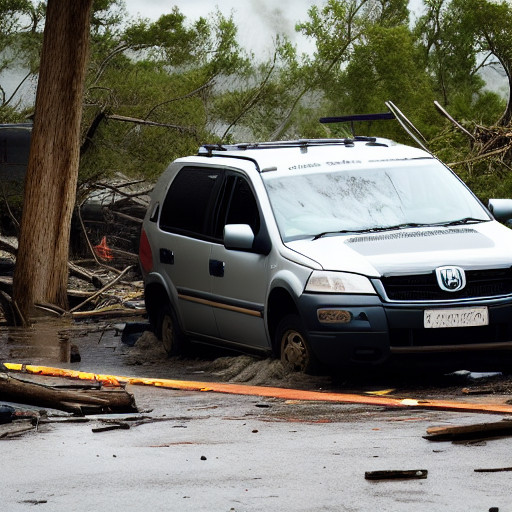
Prepare for the Worst
One of the best ways to cope with natural disasters and emergencies is to prepare for them ahead of time. This includes:
- Creating an emergency kit that includes food, water, medication, first aid supplies, and other essentials
- Developing an emergency plan with your family and discussing it with everyone involved
- Identifying safe spaces in your home or community where you can go in case of an emergency
- Staying informed about potential disasters and emergency situations in your area
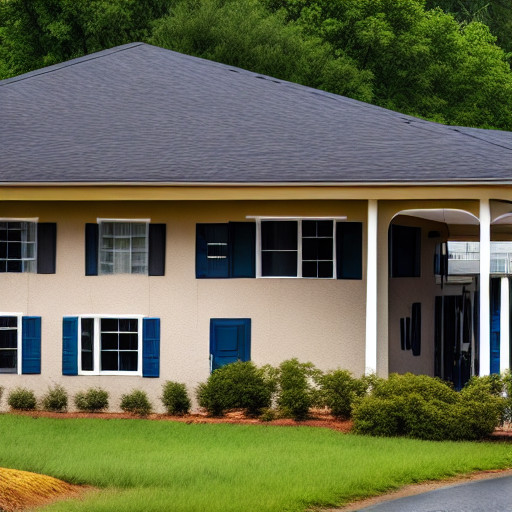
Stay Calm and Focused
When a natural disaster or emergency occurs, it's easy to panic and feel overwhelmed. However, it's important to stay calm and focused so that you can make rational decisions and take appropriate action. Here are some tips for staying calm and focused in an emergency:
- Breathe deeply and try to stay calm
- Assess the situation and identify any immediate dangers
- Focus on the actions you need to take to stay safe
- Stay positive and try to maintain a sense of hope and optimism
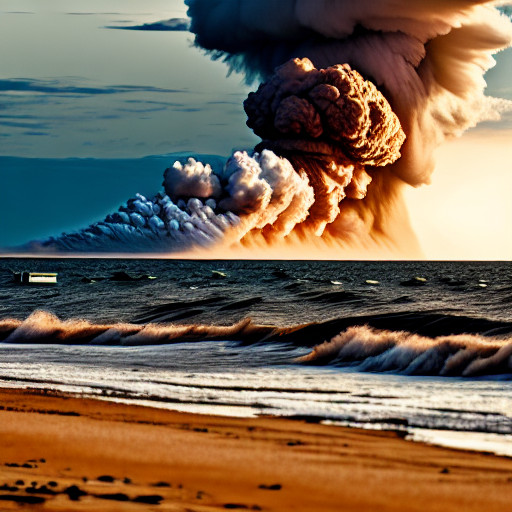
Seek Support
Natural disasters and emergencies can be traumatic experiences, and it's important to seek support if you're struggling to cope. This might include:
- Reaching out to friends and family for emotional support
- Seeking professional help from a therapist or counselor
- Joining a support group with others who have experienced similar events
- Using stress-management techniques such as mindfulness, meditation, or yoga
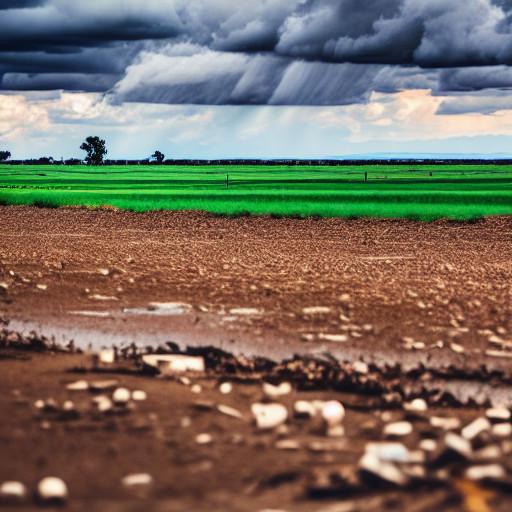
Focus on Self-Care
During and after a natural disaster or emergency, it's important to take care of yourself both physically and mentally. Here are some self-care strategies that can help:
- Eat a healthy diet and stay hydrated
- Get enough sleep and rest
- Exercise regularly, even if it's just a short walk or some stretching
- Avoid turning to drugs or alcohol to cope with stress
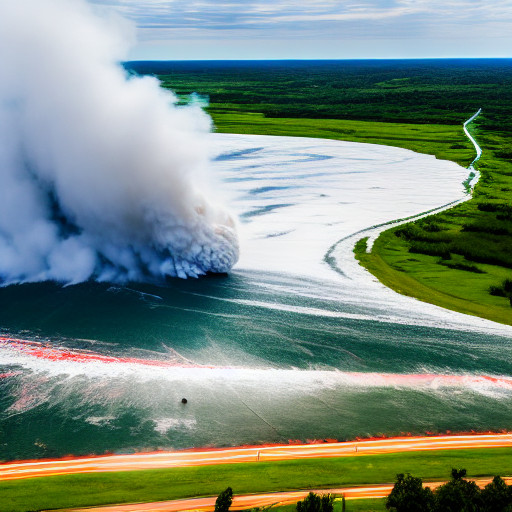
Stay Connected
Natural disasters and emergencies can be isolating experiences, but it's important to stay connected with others. Here are some ways to stay connected:
- Use social media or other communication tools to stay in touch with friends and family
- Volunteer to help others in your community who may be struggling
- Participate in community events and activities
- Join a local organization or group that focuses on disaster relief or emergency preparedness
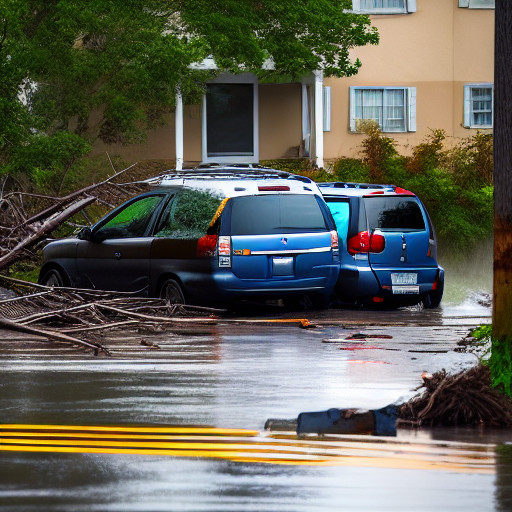
Conclusion
Natural disasters and emergencies can be challenging and traumatic experiences, but with the right preparation and coping strategies, you can increase your chances of staying safe and minimizing the impact of these events. Remember to prepare ahead of time, stay calm and focused during an emergency, seek support when needed, focus on self-care, and stay connected with others. By taking these steps, you can build your resilience and cope with even the most difficult of situations.